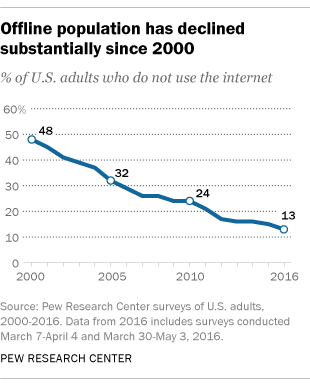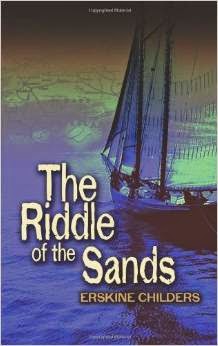 |
| Connected below deck during a gale |
On our voyage to Spain this summer, one of the things I was really looking forward to was disconnecting from the digital world for a period of time. There are two places where one can still disconnect: under the sea and in the middle of it. We'd be out of range of mobile signal, and therefore internet access, for days at a time since we sold our SAT phone. When crossing the Bay of Biscay, we could be unplugged for 4 days.
 |
| Reading big heavy books below |
I wouldn't need to know what spouted out of Donald Trump's uncouth mouth, read about the latest worrying nutritional findings, learn about climate change acceleration, or ponder what Brexit will mean to the EU. The world's gotten to be a much smaller place, crammed full of useless information that I can't do anything about. That means the density of the earth must be changing. If there's more information in a smaller space, it must be packed more densely, right?
 |
| Reading on deck an night |
Americans spend 10 hours every day staring at a screen, according to
surveys conducted by Nielsen. Many look at their smartphones before they get out of bed. It used to be nicotine addiction that caused such behaviour. And in truth, is it not an addiction for people to be playing with their smartphones as they walk down the street colliding with things in their way like particles in a physics experiment? Technically digital media is not classified as an addiction, but the symptoms young people describe when unplugged for a mere 24 hours - loneliness, agitation, anxiety - certainly sound like withdrawal. On their desks people have a multitude of networked devices - laptop, smartphone, tablet, and more - so they can multitask among them hitting more bases at the same time. I'm guilty!
 |
| Reading by Lucie Light |
I was looking forward to having time to read, to think, and to have free time, like I did when we spent a whole year sailing around the Atlantic and Caribbean. We would periodically connect and check in on things, but for the most part, we'd have the excuse that we just didn't have signal out there. We crossed the Atlantic three times for three weeks at a time without email. It was freedom. I read hundreds of books that year! Yet, the moment we returned, we had to get the Wi-Fi going and the satellite TV hooked up. We had to get our digital fix.
And we are not the only ones depending our daily digital fix. The Pew research center has demonstrated that whereas 48% of US adults said they did not use the internet in 2000, in 2016 that number was down to an astounding 13%.
 |
| Dolphins cavorting |
This year our voyage was significantly altered from crossing bodies of water to hugging the coast when both of our self-steering systems failed. So we ended up being more connected than we had expected. But we consciously made an effort to limit our exposure. For a month, we didn't always answer the phone, we turned off our message notifications, and limited our internet connectivity to those days when gales and storms roared through and we would have been terrified or bored silly otherwise.
 |
| Amazing cloud formations |
 |
| Fiery sunsets |
We were able to disconnect on sunny days to go exploring by bicycle, visit pubs and enjoy street musicians, hike through forests, and tour exotic estates, gardens and sculpture parks. We read several books each. It felt good. Like a digital detox session.
So here I am writing about my digital detox in the digital space, using my digital images and getting my digital fix. The internet just went down, I wasn't able to save and lost some of my content when I had to reboot. The next time it happened, I was so frustrated I hooked up my mobile and tethered it to my laptop circumventing the Wi-Fi. All to finish a blog post!
Sailing is the antidote to digitalization of civilization. Time to disconnect, unplug and recharge again. Where's the craic? Have you had a similar experience?
 |
Connecting with people live is a reinvigorating experience!
Great craic, as they say in Ireland. |












Comments
Post a Comment